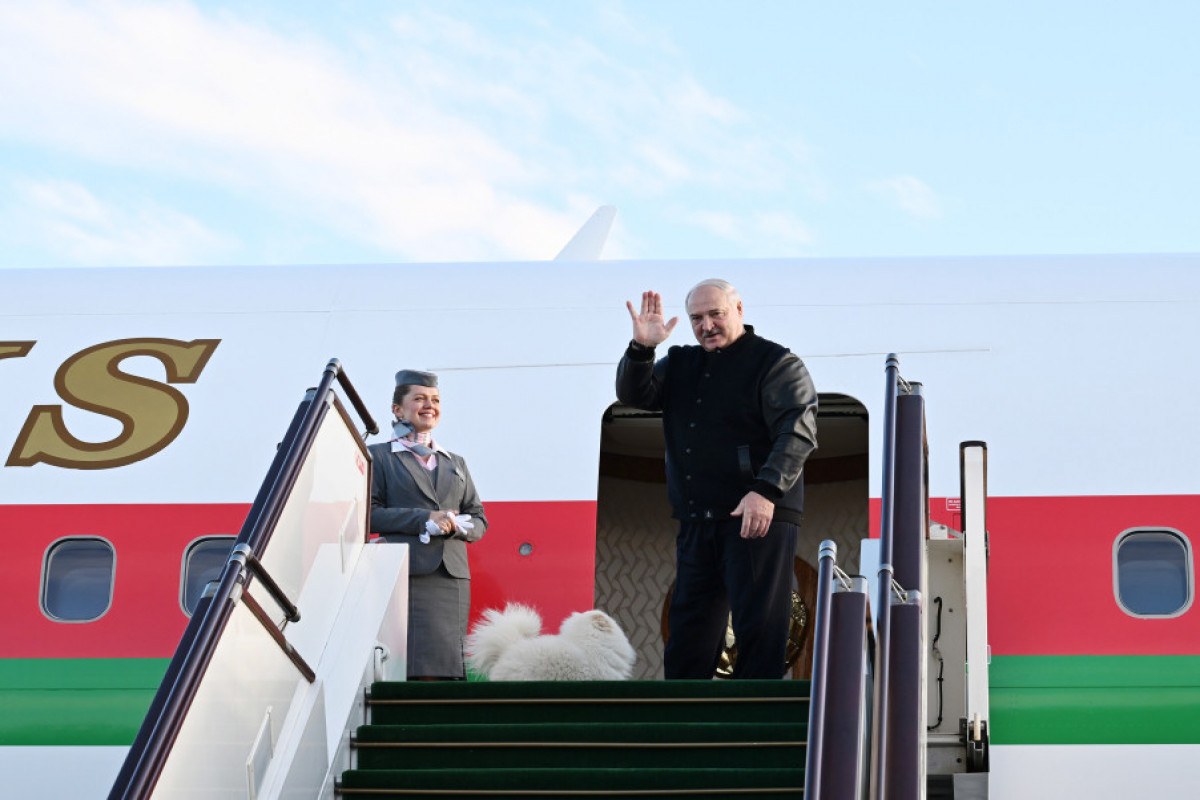Key takeaway of Secretary of State Blinken's China visit – OPINION
- Smartbee
- Report

By Zamir Ahmed Awan
In response to an invitation from the Chinese government, US Secretary of State Antony J. Blinken embarked on a significant journey to Shanghai and Beijing from 24-26 April 2024, engaging in crucial discussions with top Chinese officials, including President Xi Jinping, Director of the Chinese Communist Party (CCP) Central Foreign Affairs Commission and Foreign Minister Wang Yi, Minister of Public Security Wang Xiaohong, and Shanghai Party Secretary Chen Jining.
Secretary Blinken's recent visit to China, his second within a year, carried a pivotal message: the time has come for actions to align with words. This three-day diplomatic endeavour marked a step forward in stabilizing US-China relations, fostering agreements on continuing efforts towards stability and bolstering cooperation across various domains such as artificial intelligence, Asia-Pacific affairs, maritime issues, and countering narcotics. Both sides also committed themselves to broadening cultural exchanges.
The United States and China stand as formidable powers with immense potential to contribute to global security, peace, and prosperity. However, any escalation in tensions between these giants could spell a disaster for humanity. The abundance of destructive weapons in possession of both nations is a stark reminder of the catastrophic consequences of conflict. Scaring scenario!
Secretary Blinken's visit is part of an ongoing dialogue initiated by President Xi and President Biden during their meeting in November the previous year. It's heartening to see such engagement, emphasizing the importance of maintaining open lines of communication. Diplomacy remains the cornerstone of civilized discourse and conflict resolution. In this context, Blinken's visit is considered a positive step and encouraged.
Yet, to make genuine progress, Washington must move beyond surface-level gestures and address underlying concerns. Despite some easing of tensions post-San Francisco summit, lingering issues persist, fuelled by perceived US hostility in policies such as military support to Taiwan and strategies seemingly aimed at containment under the guise of competition and national security. The US needs to harmonize its words with actions and concrete measures.
History demonstrates that coercive economic tactics seldom yield desired outcomes and often boomerang. Moreover, recent anti-China rhetoric in US politics only exacerbates bilateral strains. Especially the prevailing Cold War mentality in Washington and ganging up its allies against China is unacceptable behaviour.
China extends a hand to a confident, open, and prosperous United States, yet Washington's apprehensions about China's growth have led to increasingly adversarial policies. It's essential to recognize the evolving global landscape, where countries like China play significant roles. The prevailing geopolitics are even more complex, and human crises are deepening and deteriorating. Furthermore, it is no longer a unipolar world as the revival of Russia and the rise of China have changed geopolitics dynamics completely. No single country manages the global affairs, it requires collective efforts, and China is willing to play its positive role definitely.
Moving forward, both nations must adhere to principles of mutual respect, peaceful coexistence, and mutually beneficial cooperation. Competition is natural but should be conducted within established frameworks without undermining each other's development and rights. The US must accept the rise of China and the revival of Russia as a reality and based on this conception move forward.
During Blinken's visit, discussions spanned crucial global issues and priorities, underscoring the need for progress on commitments made previously. There were also talks on enhancing people-to-people ties and addressing concerns like non-market economic policies, human rights violations, and regional security.
China reiterated its commitment to mutual respect and cooperation, urging the US to respect its core interests and refrain from interference. Dialogue, effective disagreement management, and cooperation were stressed.
Regarding contentious issues like Taiwan and the South China Sea, China emphasized sovereignty and urged adherence to the one-China principle. Both sides emphasized open communication and agreed to maintain high-level interaction.
Looking ahead, China aims to foster a correct understanding of the relationship, emphasizing dialogue, effective disagreement management, cooperation, and fulfilling responsibilities as major nations. It calls on the US to respect security concerns, avoid military tensions, and address domestic human rights issues.
There are concerns that the US might be sidestepping crucial issues regarding Taiwan, Gaza, and Ukraine, raising questions about the visit's true significance. With an election year looming in the US, some speculate on political motivations rather than substantive diplomatic progress. His visit may be for the consumption of American voters only. It might be part of President Biden's election campaign merely.
However, with limited time until elections and uncertainties surrounding reelection prospects, implementing agreements from this visit may prove challenging. President Biden's tenure has seen heightened anti-China sentiments, straining relations significantly. During the last few months, it seems impossible to achieve any valuable progress in bilateral relations between the two countries. However, China maintains firm and stable leadership and is in full grip of all affairs. China is in a position to fulfil its commitments absolutely.
In reality, China's development has reached a stage where coercion may not be effective. Acknowledging this rise and exploring avenues for cooperation could benefit both nations and the global community. Contrarily, confrontation may not benefit either side or the rest of world.
Stability in US-China relations is welcome, but more concrete actions are necessary for genuine progress. Both countries must collaborate with mutual respect and cooperation to address challenges and foster a constructive relationship on a sustainable manner.
The author is Founding Chair GSRRA, Sinologist, Diplomat, Editor, Analyst, Consultant, Advisor, and Non-Resident Fellow of CCG. The article is written especially for News.Az.
Bütün xəbərləri reklamsız oxumaq üçün qeydiyyatdan keç və ya login ol. Günlük ölkədə baş verən xəbərləri bizdən izlə.




















